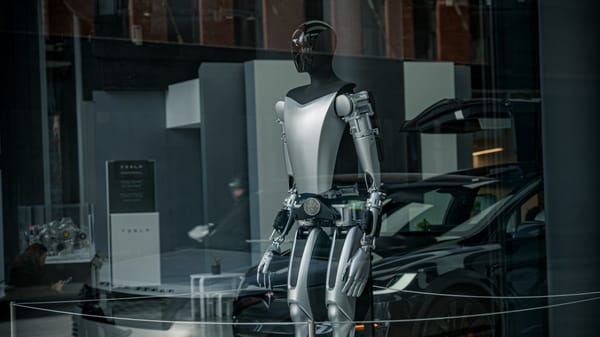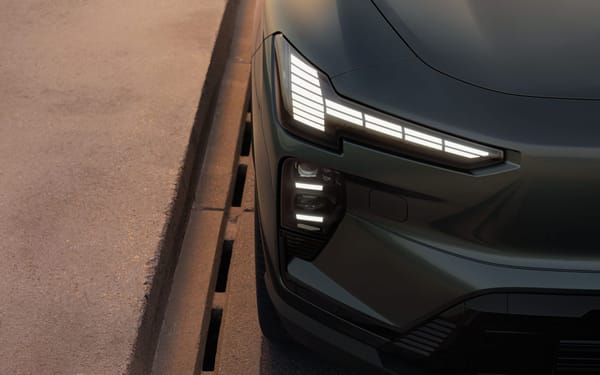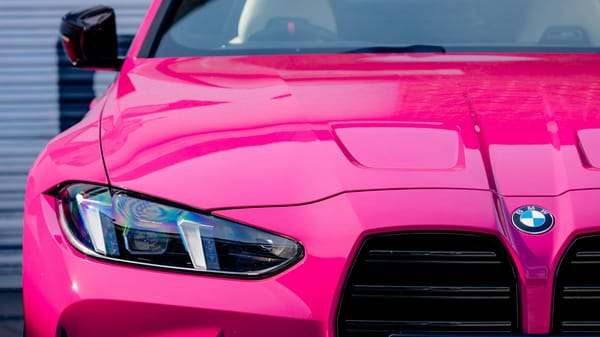No, that Chinese EV is not as cheap as they say it is
Nope, you won’t be getting that fake Ferrari for 40K.
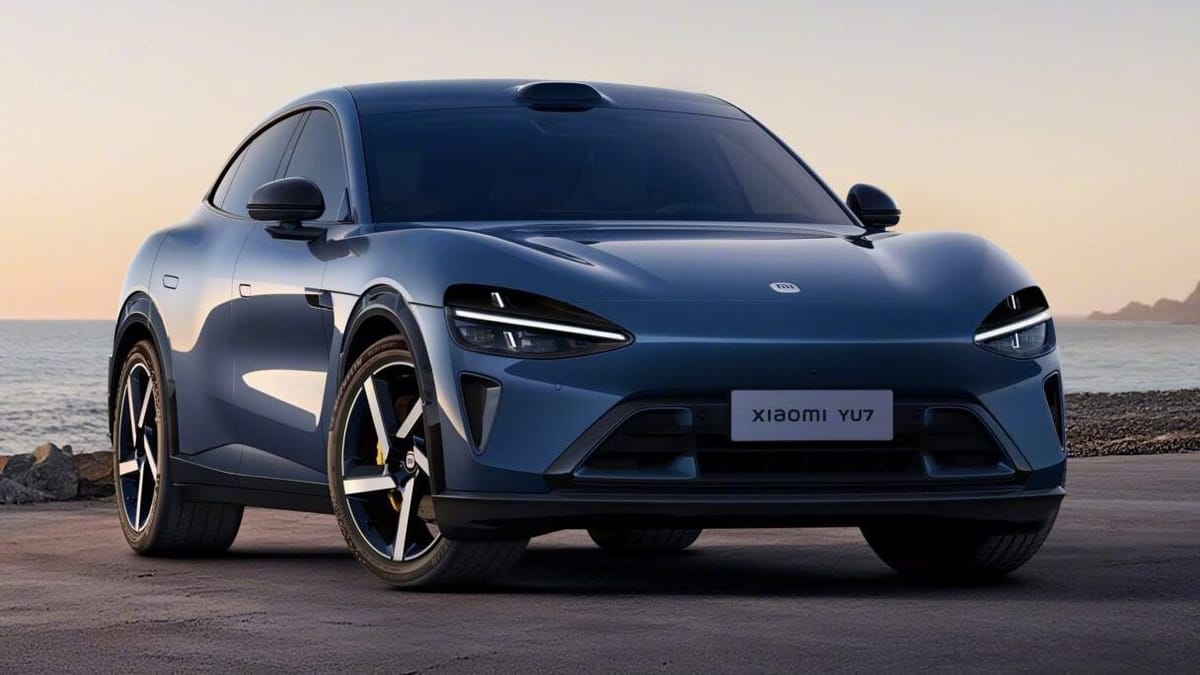
You might’ve read about the issues I had with the fake Ferrari from Xiaomi last week. I mean, braking is kind of important when driving at high speeds.
But of course my social feeds were overloaded with the not-Purosangue. The one thing that everyone was raving about: the insane price. How could Xiaomi build such a car for only 40.000 dollars when Ferrari is asking tend fold for the gas powered version.
In the real world Xiaomi isn’t, and it can’t.
But that is not the point I’m going to try to make today. We all know the YU7 looks like a Ferrari, but that’s all it does. It isn’t one. Not even close.
Thanks for reading Nitch! Subscribe for free to receive new posts and support my work.
No, I’d like to talk to you about the price. The fact that a Xiaomi SUV can be had for about 40K in American money. That is simply not true. There is no world in which the Chinese manufacturer will be offering that car for that price anywhere outside of China. And that is not just because transporting the electric car to other continents is quite expensive.
There are more things at play here. Let’s start locally. You might now the EV-market in China is very saturated and insanely competitive. That means that local car manufacturers are selling their cars at impossibly slim margins to at least stay competitive and sell any number of cars. Sometimes manufacturers choose to sell at a loss in an effort to not lose marketshare.
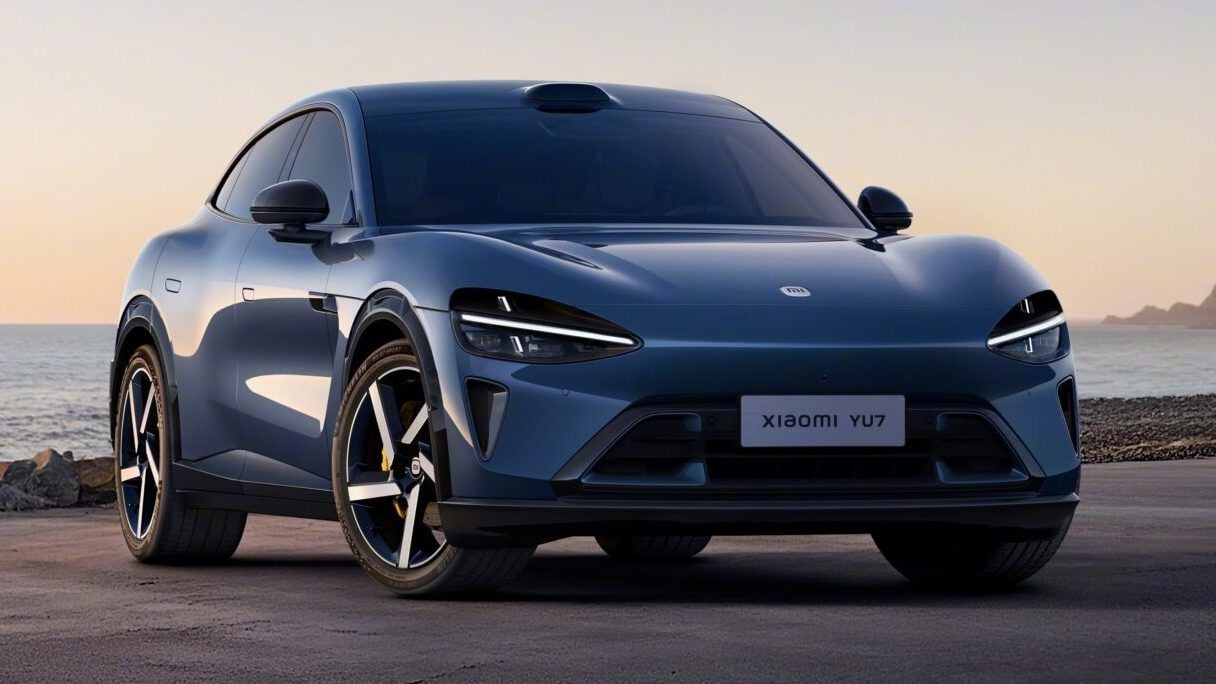
This extremely difficult local market is one of the reasons Chinese manufacturers are quickly trying to break into multiple markets abroad, like the EU. The US not so much because of the 100% tariffs, which makes selling Chinese cars there just plain stupid. But in the EU, where the tariffs are much lower, quite large margins can still be had. This makes it interesting to venture abroad for Chinese car companies.
Also the EV-market outside of China is way less saturated and still growing. Chinese manufacturers have the chance to break into this growing market with very attractive cars with good specs and a lot of luxury while still undercutting their competitors on price. They have the room in the margins to take the tariffs on the chin and still sacrifice some profit to try and capture a nice marketshare.
Now, if you combine those two facts and apply them to, for example the Xiaomi YU7, and do the math, it will mean that the manufacturer will lose money on every SUV it sells outside of China if it doesn’t increase the price. Which it has to in case it wants to cover off shipping, tariffs and other costs like making it road legal in the country it will be sold and the overal investment it takes to set up a sales and service network. And that is even without a nice margin to make it all worth while for the manufacturer to even take the effort.
Keeping with the YU7, that will probably mean Xiaomi will raise the price of the EV to about double what you see and hear on social media. Not 40K, but more like 80K. That does make it sound a lot less interesting and a lot less clickbaity, but it is more realistic.
So next time you hear or read about that new Chinese EV that costs less than a fraction of their Western counterpart, please consider the fact that it might regard the prices for the Chinese market, not your local market.
In other news
Fiat is finally making a car for real people. They’re launching a new mild-hybrid version of their 500 which looks the same as every other recent 500. But I guess all those previous models where only for Barbies and Kens.
Also Porsche is showing it has no idea who real people are. Porsches new Managing Director Robert Ader told Automobilwoche that he thinks the Porsche Taycan is the best EV in the world. Which makes sense, because why would he promote a different brand, but it’s also plain wrong. I drove the Taycan, and it’s great, but not the best. But don’t take my word for it, just take a look at second hand prices. If it really was the best EV out there, residual values would confirm that.
Batterybuilder LG Energy Solution’s profit doubled last quarter. Does that mean the EV-market is going to boom again? Probably not in the short term. It’s because customers like Tesla and General Motors are ordering a lot more batteries before the ‘Big Beautiful Bill’ will go into effect. Strange, because that bill doesn’t have any effect on battery suppliers. Guess fear for the big orange guy works in strange ways too…
Thanks for reading Nitch! This post is public so feel free to share it.


